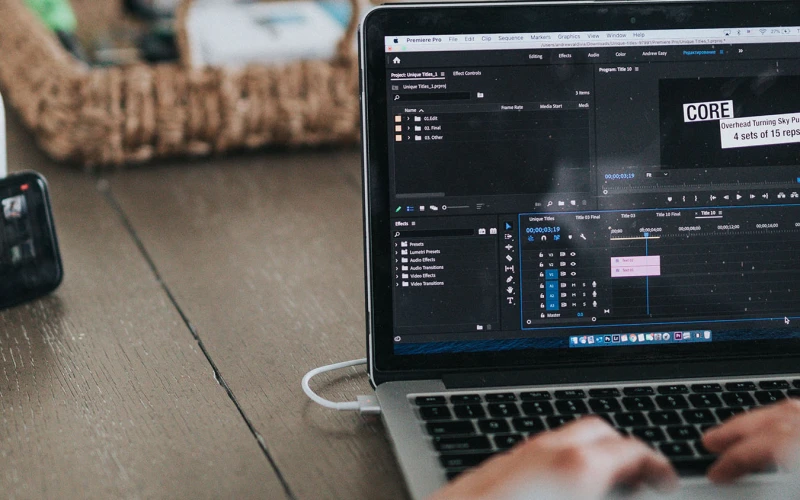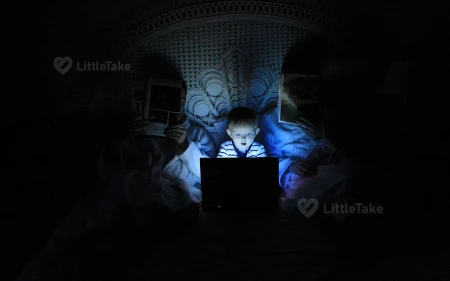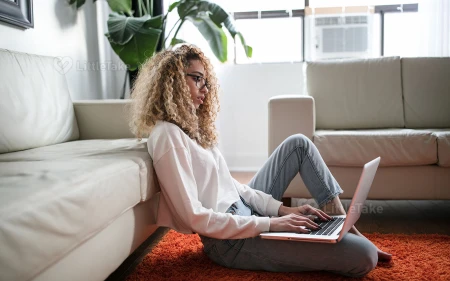
Monitoring Screen Time & Sleep
With the increasing prevalence of digital devices, managing your child's screen time and sleep can be a challenge. In this article, we'll explore the importance of monitoring screen time and sleep, share some practical tips, and offer real-life examples to help you create a healthy balance for your child.
Why Monitor Screen Time and Sleep?
Excessive screen time can negatively impact children's physical, mental, and emotional health. It can lead to sedentary lifestyles, poor sleep quality, and difficulty focusing. Sleep, on the other hand, is essential for a child's growth, development, and overall well-being. By monitoring and managing your child's screen time and sleep, you can ensure they develop healthy habits for a balanced lifestyle.
Tips for Monitoring Screen Time and Sleep
- Set clear boundaries: Establish rules for screen time, such as no screens during meals or within an hour of bedtime. Be consistent and enforce the rules to help your child develop good habits.
- Use parental control apps: Tools like Qustodio or Circle can help you monitor your child's screen time, set limits, and block specific apps or content during certain times of the day.
- Create a bedtime routine: A consistent bedtime routine can help signal to your child that it's time to wind down and prepare for sleep. This can include activities like reading, taking a bath, or listening to calming music.
- Encourage physical activity: Ensure your child gets enough exercise during the day to promote better sleep and reduce the need for excessive screen time.
Real-Life Example: The Smith Family
When the Smith family noticed that their 10-year-old daughter, Emma, was having trouble falling asleep and staying focused during the day, they decided to take action. They set clear boundaries for screen time, limiting Emma's use of devices to a maximum of two hours per day and not allowing screens within an hour of bedtime.
The family also established a consistent bedtime routine, which included reading and quiet time before lights out. Additionally, they encouraged Emma to participate in physical activities like soccer and swimming, which helped her expend energy and sleep better at night.
Thanks to these changes, Emma's sleep improved, and she became more focused and engaged during the day. The Smith family's experience demonstrates the importance of monitoring screen time and sleep to promote a healthy lifestyle for children.
Conclusion
Monitoring screen time and sleep is crucial for your child's overall well-being. By setting clear boundaries, using parental control apps, establishing a bedtime routine, and encouraging physical activity, you can help your child develop healthy habits that will benefit them now and in the future. Remember, creating a balanced lifestyle for your child is an ongoing process that requires patience and persistence.













